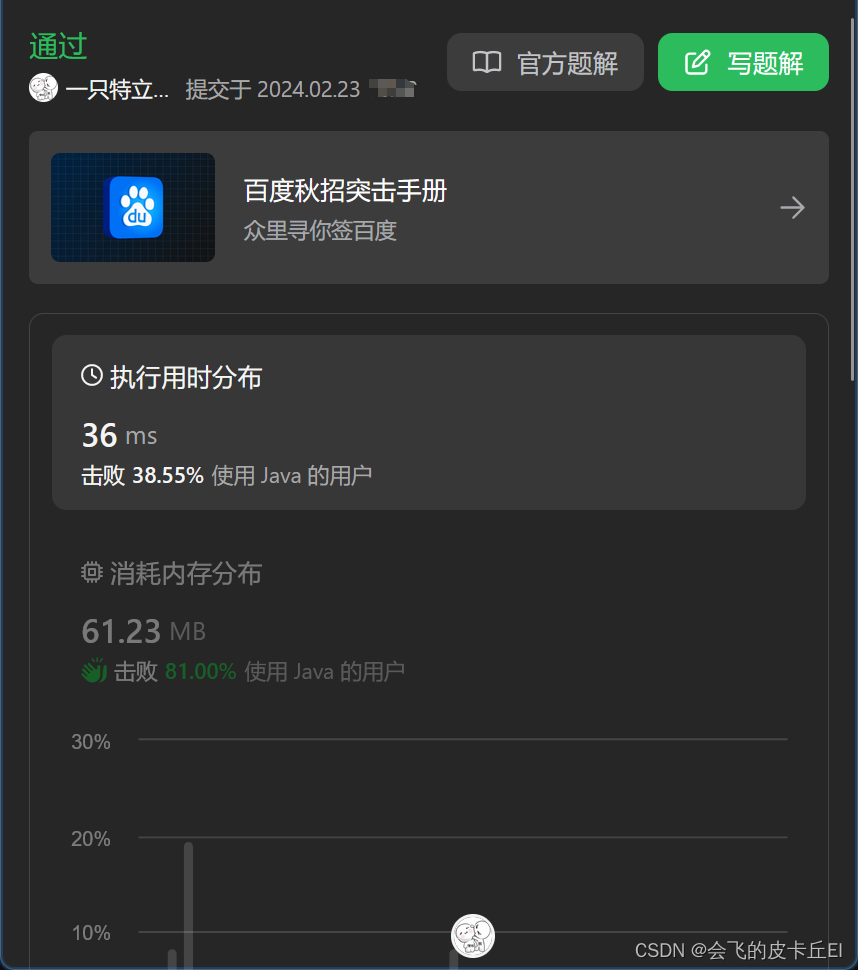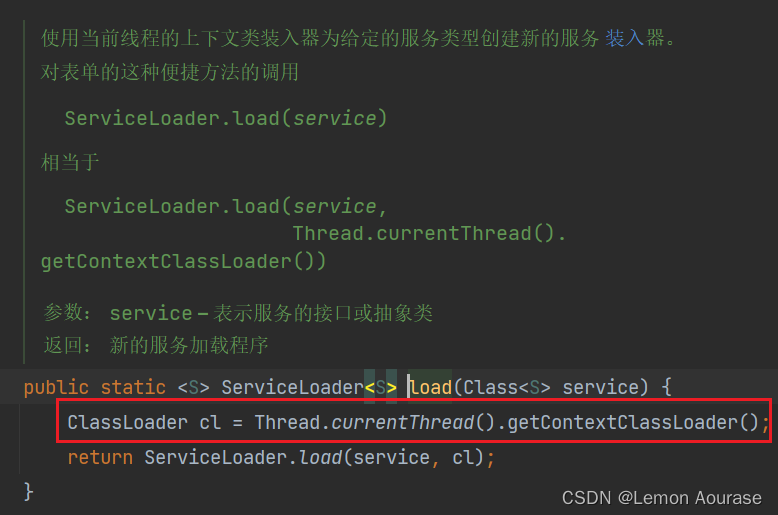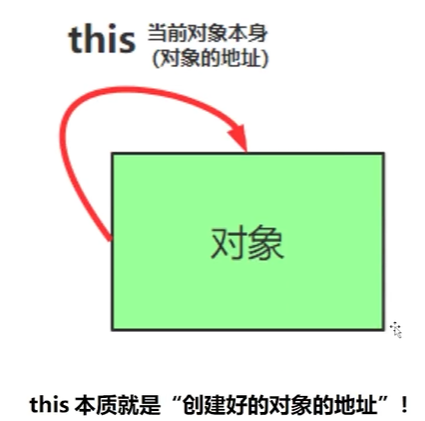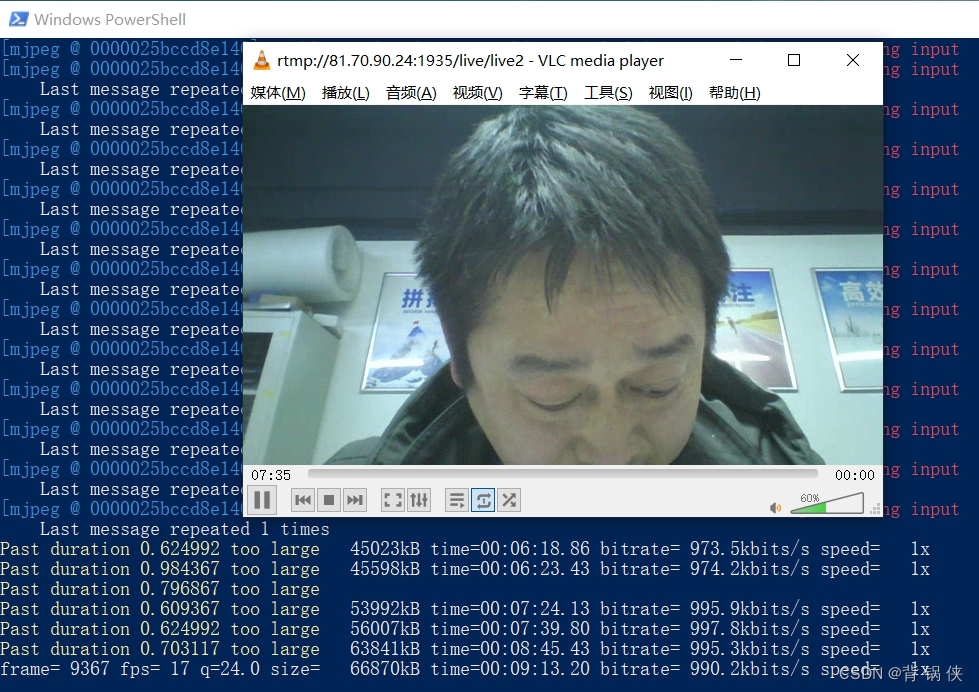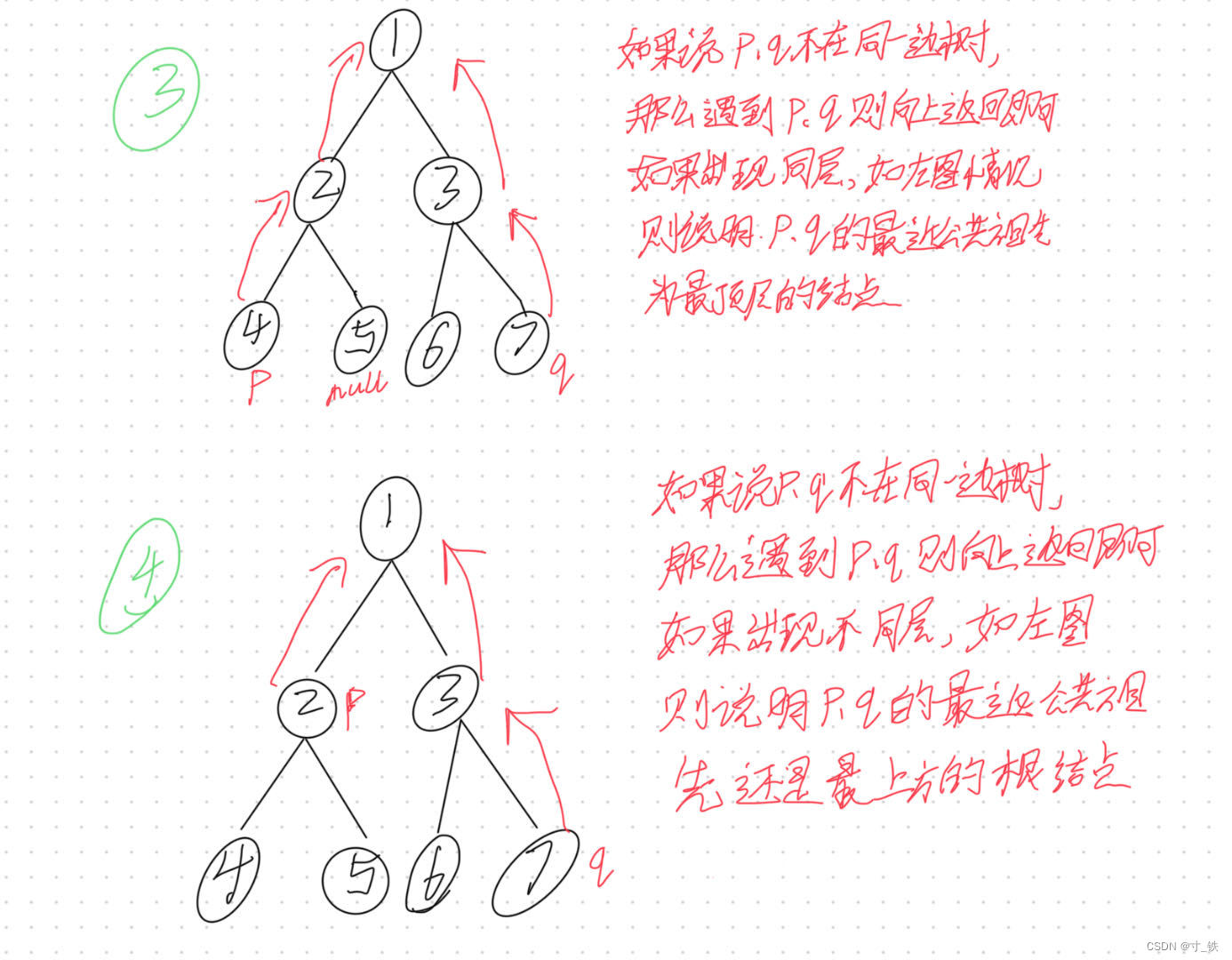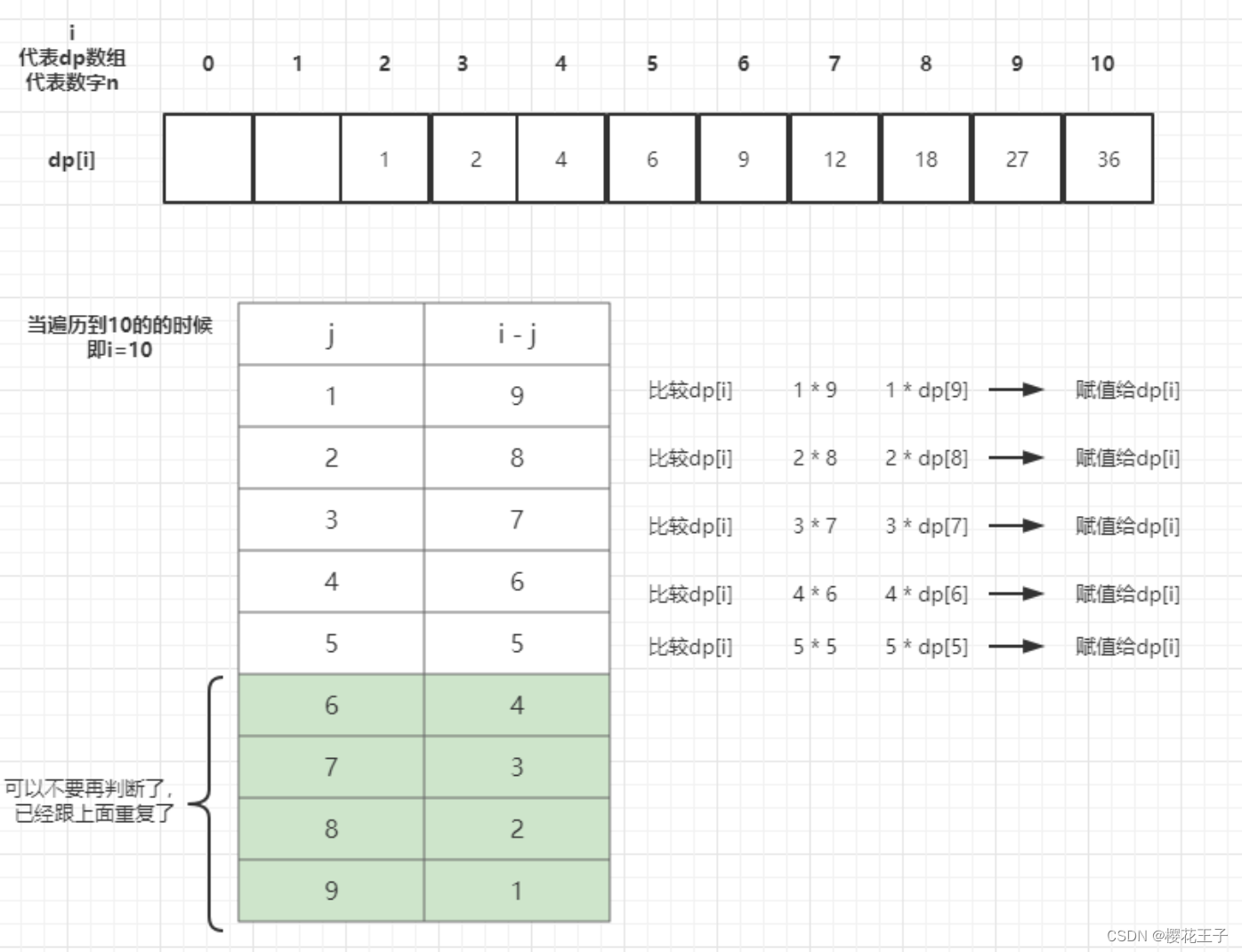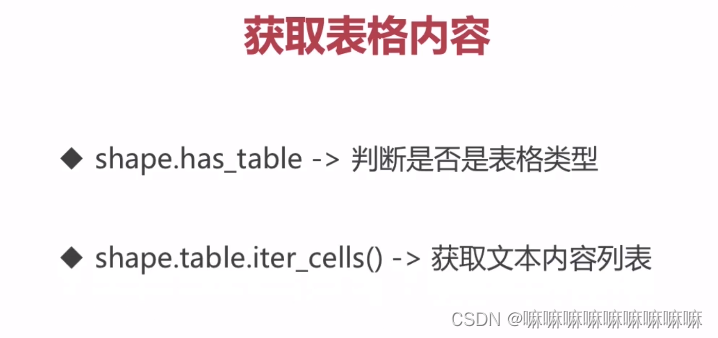
文章目录
- 一、Shell程序思路
- 二、Shell代码展示
一、Shell程序思路
用下图的时间轴来表示事件的发生次序。其中时间从左向右。shell由标识为sh的方块代表,它随着时间的流逝从左向右移动。shell从用户读入字符串"ls"。shell建立一个新的进程,然后在那个进程中运行ls程序并等待那个进程结束。

然后shell读取新的一行输入,建立一个新的进程,在这个进程中运行程序 并等待这个进程结束。
- 获取命令行
- 解析命令行
- 建立一个子进程(fork)
- 替换子进程(execvp)
- 父进程等待子进程退出(wait)
根据这些思路,和我们前面的学的技术,就可以自己来实现一个shell了。
二、Shell代码展示
#include <stdio.h>
#include <stdlib.h>
#include <string.h>
#include <unistd.h>
#include <sys/types.h>
#include <sys/wait.h>
#define NUM 1024
#define SIZE 64
#define SEP " "
//#define Debug 1
char cwd[1024];
char enval[1024]; // for test
int lastcode = 0;
char *homepath()
{
char *home = getenv("HOME");
if(home) return home;
else return (char*)".";
}
const char *getUsername()
{
const char *name = getenv("USER");
if(name) return name;
else return "none";
}
const char *getHostname()
{
const char *hostname = getenv("HOSTNAME");
if(hostname) return hostname;
else return "none";
}
const char *getCwd()
{
const char *cwd = getenv("PWD");
if(cwd) return cwd;
else return "none";
}
int getUserCommand(char *command, int num)
{
printf("[%s@%s %s]# ", getUsername(), getHostname(), getCwd());
char *r = fgets(command, num, stdin); // 最终你还是会输入\n
if(r == NULL) return -1;
// "abcd\n" "\n"
command[strlen(command) - 1] = '\0'; // 有没有可能越界?不会
return strlen(command);
}
void commandSplit(char *in, char *out[])
{
int argc = 0;
out[argc++] = strtok(in, SEP);
while( out[argc++] = strtok(NULL, SEP));
#ifdef Debug
for(int i = 0; out[i]; i++)
{
printf("%d:%s\n", i, out[i]);
}
#endif
}
int execute(char *argv[])
{
pid_t id = fork();
if(id < 0) return -1;
else if(id == 0) //child
{
// exec command
execvp(argv[0], argv); // cd ..
exit(1);
}
else // father
{
int status = 0;
pid_t rid = waitpid(id, &status, 0);
if(rid > 0){
lastcode = WEXITSTATUS(status);
}
}
return 0;
}
void cd(const char *path)
{
chdir(path);
char tmp[1024];
getcwd(tmp, sizeof(tmp));
sprintf(cwd, "PWD=%s", tmp); // bug
putenv(cwd);
}
// 什么叫做内键命令: 内建命令就是bash自己执行的,类似于自己内部的一个函数!
// 1->yes, 0->no, -1->err
int doBuildin(char *argv[])
{
if(strcmp(argv[0], "cd") == 0)
{
char *path = NULL;
if(argv[1] == NULL) path=homepath();
else path = argv[1];
cd(path);
return 1;
}
else if(strcmp(argv[0], "export") == 0)
{
if(argv[1] == NULL) return 1;
strcpy(enval, argv[1]);
putenv(enval); // ???
return 1;
}
else if(strcmp(argv[0], "echo") == 0)
{
if(argv[1] == NULL){
printf("\n");
return 1;
}
if(*(argv[1]) == '$' && strlen(argv[1]) > 1){
char *val = argv[1]+1; // $PATH $?
if(strcmp(val, "?") == 0)
{
printf("%d\n", lastcode);
lastcode = 0;
}
else{
const char *enval = getenv(val);
if(enval) printf("%s\n", enval);
else printf("\n");
}
return 1;
}
else {
printf("%s\n", argv[1]);
return 1;
}
}
else if(0){}
return 0;
}
int main()
{
while(1){
char usercommand[NUM];
char *argv[SIZE];
// 1. 打印提示符&&获取用户命令字符串获取成功
int n = getUserCommand(usercommand, sizeof(usercommand));
if(n <= 0) continue;
// 2. 分割字符串
// "ls -a -l" -> "ls" "-a" "-l"
commandSplit(usercommand, argv);
// 3. check build-in command
n = doBuildin(argv);
if(n) continue;
// 4. 执行对应的命令
execute(argv);
}
}
